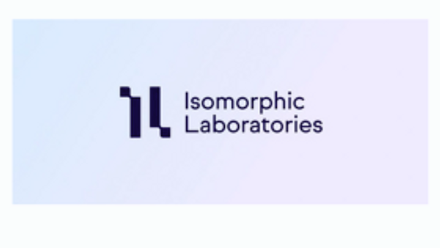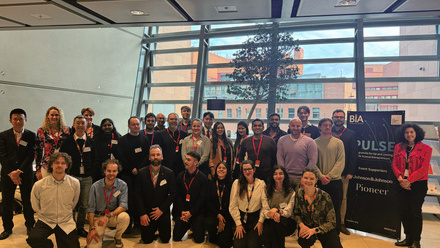A closer look at the FDA’s approval of Immunocore’s KIMMTRAK
A few weeks ago Immunocore received the first and so far the only FDA approval for a treatment of metastatic uveal melanoma (mUM), KIMMTRAK. This is a highly significant development, as this is the first T cell receptor (TCR) therapeutic to receive regulatory approval.
The story of Immunocore is an excellent case study on the strength of UK science and how companies can grow successfully in the UK life sciences ecosystem. It also illustrates some of the challenges UK biotech companies face if they choose to grow and develop products through to commercial launch. Immunocore’s history began as a spin out from Oxford University where the technology was developed in the 1990s. In 2010, Immunocore launched its first clinical trial for what was then called IMCgp100 in malignant melanoma and over the course of the next decade Immunocore signed several partnership agreements to develop its technology and therapeutic candidates, where today it is the first company to gain approval for a new class of therapeutics, TCR bispecifics.
Bringing a new class of therapeutic through the drug development process to approval is challenging both scientifically and commercially and the paucity of such examples in the UK reflect the limited support and experience here for growing companies in the sector. In particular there exists almost no growth capital for companies undertaking the full cycle of drug development. Immunocore relied entirely on foreign sources of capital for all its later rounds of funding as there was neither appetite nor experience in the UK to support such an endeavour. If we are to become the Life Sciences capital of Europe, that position must change and the Immunocore story is one of the best examples of this improved outlook.
Immunocore has shown that if a UK company has not just a strong scientific underpinning but a sense of purpose, resilience, and the right team in place, it is possible to take candidates from the lab bench through the clinic to commercialisation independently. As Bahija Jallal, CEO of Immunocore, commented at the time of the approval: “The approval of KIMMTRAK is an historic milestone and the culmination of years of dedication by the Immunocore team, patients, and our healthcare partners.” This is no exaggeration.
KIMMTRAK is the world’s first approved bispecific T cell receptor therapy and has been wholly developed using Immunocore’s proprietary ImmTAX platform. The FDA approval validates the company’s platform and paves the way for Immunocore to develop a new generation of novel TCR bispecific immunotherapies to treat a range of cancers, infectious diseases and autoimmune diseases. It is even greater news for patients suffering from uveal melanoma, who have waited decades for an improvement in the treatment paradigm for this aggressive cancer, and this approval provides health care providers and patients with a practice-changing and life-enhancing therapeutic option.
But we shouldn’t forget the important signal that this sends on the UK’s coming of age as a source of world class science and its ability to lead in the creation of new companies that create important solutions for patients. We have here the scientific excellence, the leadership and, increasingly, the infrastructure to advance life-changing drugs to market.







